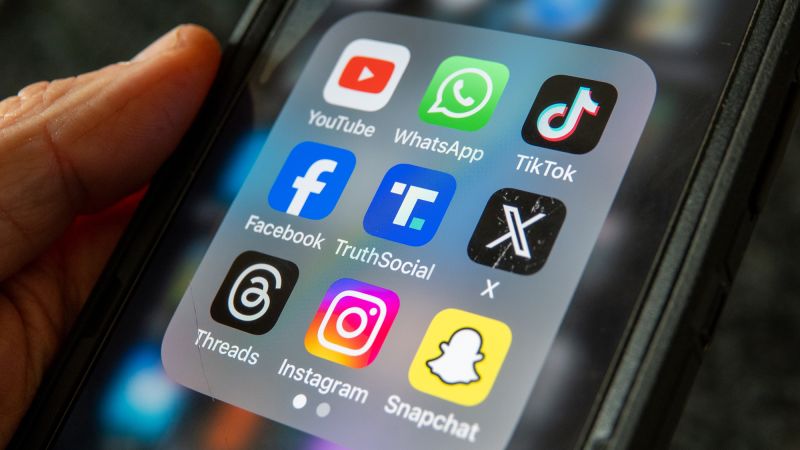Big Tech companies are taking steps to address the influx of A.I.-generated images on social media platforms in order to prevent further contamination of the information space. TikTok, Meta (parent company of Instagram, Threads, and Facebook), and YouTube have all announced plans to label A.I.-generated content. With less than 200 days until the November election, these companies are aiming to help users differentiate between content created by machines and humans.
OpenAI, the creator of ChatGPT and DALL-E, has also announced plans to launch a tool that can detect when an image is generated by A.I. Additionally, the company is partnering with Microsoft to combat deepfakes with a $2 million fund. The rapid advancement of technology has raised concerns about the potential for these tools to be exploited and cause harm to the democratic process.
A.I.-generated imagery has already shown its deceptive capabilities, with a recent example involving an image of pop star Katy Perry at the Met Gala. The realistic image fooled many into believing that Perry had attended the event, highlighting the potential for fake photographs to mislead voters and create confusion, especially during important events like elections. Despite these risks, the federal government has yet to establish safeguards around the industry, leaving Big Tech to regulate itself.
Social media companies have a poor track record of enforcing rules around certain content, raising doubts about their ability to effectively curb the spread of damaging deepfakes. As A.I.-generated images become more prevalent in the information environment, concerns about their impact on democracy continue to grow. With the U.S. facing an unprecedented election, the stakes are high for ensuring that misinformation and deceptive content are not allowed to influence the outcome.
The efforts by Silicon Valley to address the issue of A.I.-generated content reflect a recognition of the potential harm that these tools can cause. While the technology offers many benefits, there are also significant risks that must be addressed to protect the integrity of the information space and the democratic process. As society becomes increasingly reliant on technology, it is crucial for regulators, companies, and users to work together to mitigate the negative impacts and ensure that A.I. is used responsibly and ethically.


